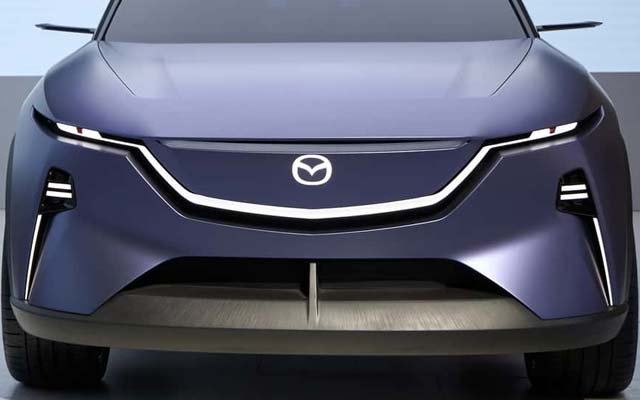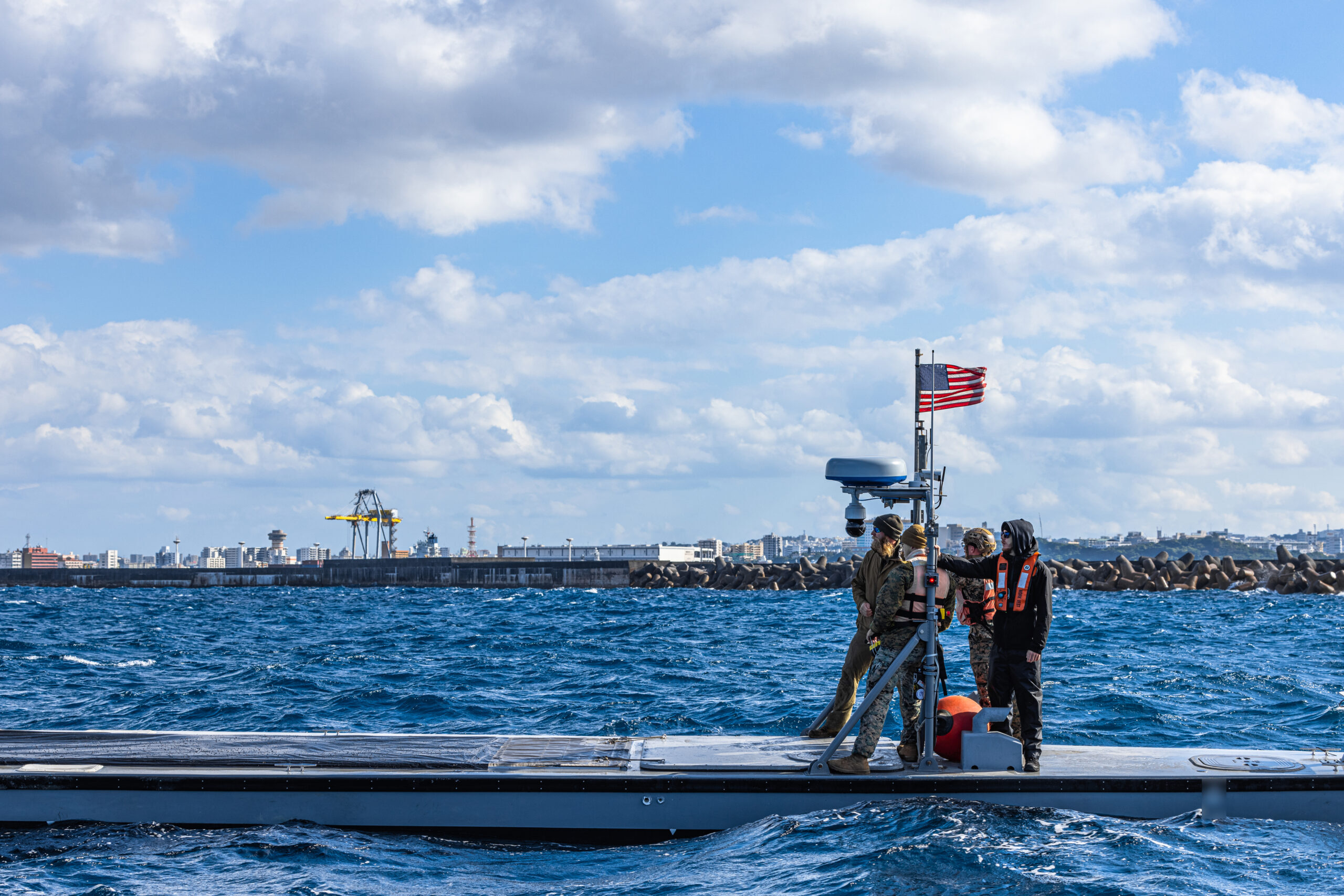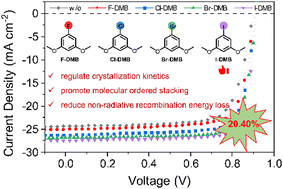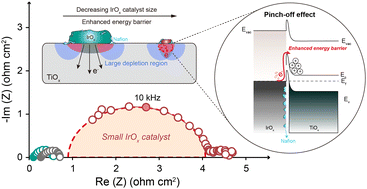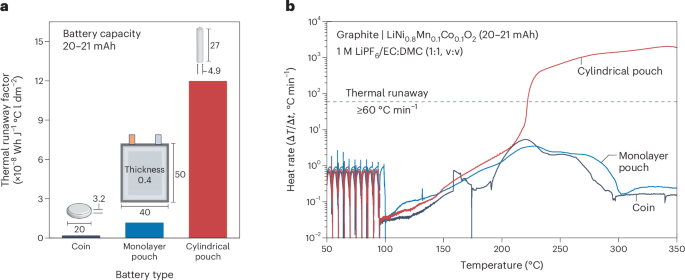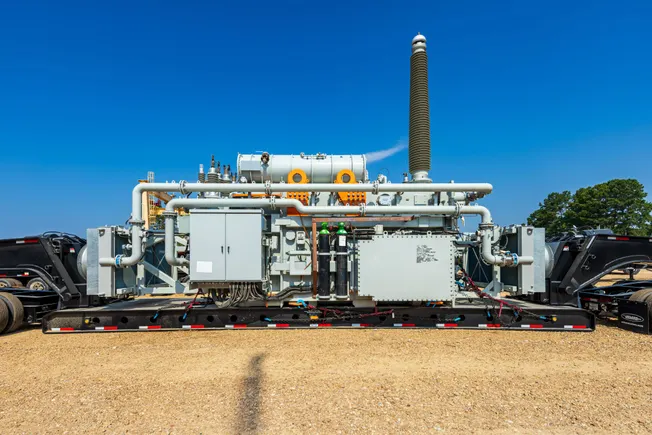Novel Zwitterionic Polyurethane‐in‐Salt Electrolytes with High Ion Conductivity, Elasticity, and Adhesion for High‐Performance Solid‐State Lithium Metal Batteries
Advanced Energy Materials, EarlyView.

A novel zwitterionic polyurethane-in-salt electrolyte (zPU-SPE) is developed, achieving high ionic conductivity (3.7 × 10⁻⁴ S cm−1 at 25 °C), superior adhesion to lithium metal, and exceptional elasticity. This innovative electrolyte enables stable solid-state lithium metal batteries, demonstrating excellent cycling stability, strong interfacial compatibility, and mechanical resilience under extreme conditions, offering a promising pathway for next-generation energy storage systems.
Abstract
This study presents a novel polymer-in-salt (PIS) zwitterionic polyurethane-based solid polymer electrolyte (zPU-SPE) that offers high ionic conductivity, strong interaction with electrodes, and excellent mechanical and electrochemical stabilities, making it promising for high-performance all solid-state lithium batteries (ASSLBs). The zPU-SPE exhibits remarkable lithium-ion (Li+) conductivity (3.7 × 10⁻⁴ S cm−1 at 25 °C), enabled by exceptionally high salt loading of up to 90 wt.% (12.6 molar ratio of Li salt to polymer unit) without phase separation. It addresses the limitations of conventional SPEs by combining high ionic conductivity with a Li+ transference number of 0.44, achieved through the incorporation of zwitterionic groups that enhance ion dissociation and transport. The high surface energy (338.4 J m− 2) and elasticity ensure excellent adhesion to Li anodes, reducing interfacial resistance and ensuring uniform Li+ flux. When tested in Li||zPU||LiFePO₄ and Li||zPU||S/C cells, the zPU-SPE demonstrated remarkable cycling stability, retaining 76% capacity after 2000 cycles with the LiFePO4 cathode, and achieving 84% capacity retention after 300 cycles with the S/C cathode. Molecular simulations and a range of experimental characterizations confirm the superior structural organization of the zPU matrix, contributing to its outstanding electrochemical performance. The findings strongly suggest that zPU-SPE is a promising candidate for next-generation ASSLBs.



























